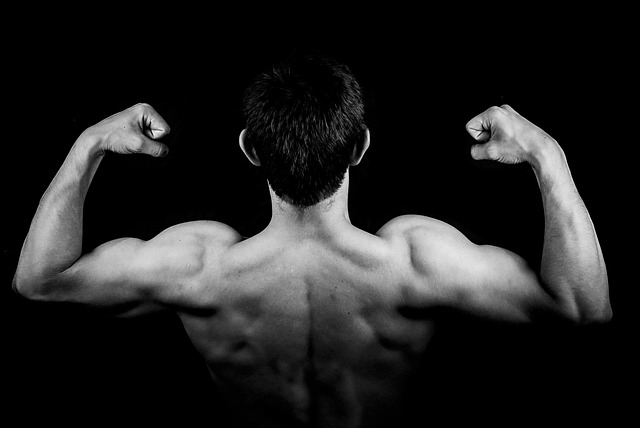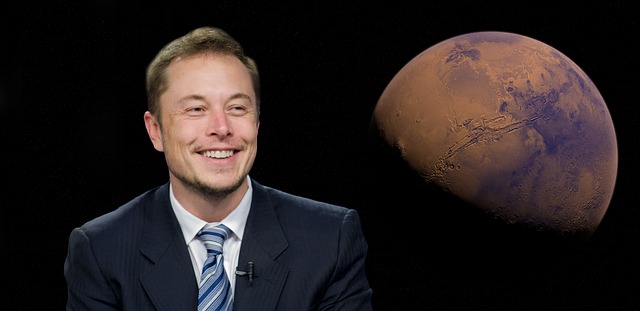“Strong” generally refers to physical or mental capability, while “powerful” implies having significant influence or control over situations or people.
TL;DR Strong Vs. Powerful
Being strong means having resilience in the face of difficulty and being able to persevere through tough times. It requires inner fortitude and determination. Strength can be demonstrated by individuals who overcome personal obstacles or those who excel in physically demanding activities such as sports or manual labor.
Power, on the other hand, involves having control or authority over others. Powerful individuals possess influence that allows them to shape events and make decisions that impact a wide range of people. They may hold positions of political leadership, have significant financial resources, or command respect due to their expertise in a particular field.
Definition of Strong

“Strong” is an adjective describing the physical, mental, or emotional capacity to withstand or endure challenges, exert force, or possess robust characteristics.
In the physical sense, it denotes muscular or structural robustness and the ability to exert force. Mentally, it signifies resilience, determination, and mental fortitude to handle difficulties. Emotionally, it indicates the capacity to withstand emotional stress or to exhibit unwavering resolve.
The term can also be used figuratively to describe something impactful or intense. Strength is often associated with power, stability, or durability, and it plays a pivotal role in various aspects of life, from physical fitness to personal character.
Definition of Powerful

“Powerful” is an adjective denoting great force, influence, or potency. It characterizes something or someone as having the ability to exert significant control, impact, or effect on circumstances, individuals, or objects.
In the physical realm, it implies great strength or energy. In the abstract, it relates to authority, dominance, or effectiveness.
A powerful individual or entity possesses the capability to make substantial changes, inspire others, or produce profound outcomes. Power can manifest politically, economically, or emotionally, and it often implies the capacity to bring about significant change or to leave a lasting impression in various spheres of life.
Strong Vs. Powerful – Key differences
| Aspect | Strong | Powerful |
|---|---|---|
| Physical | Typically relates to physical strength or robustness. | More about the ability to exert force or control. |
| Mental/Emotional | Can refer to mental resilience or emotional fortitude. | Often relates to influencing others or achieving significant impact. |
| Context | Broadly applicable to various domains, including physical, mental, and emotional. | Often used in contexts of authority, dominance, or effectiveness. |
| Examples | - He's physically strong. | - She wields powerful influence. |
| - She has a strong character. | - The CEO is powerful in the industry. |
Real-Life Examples of Strong and Powerful Individuals
Strong Individuals
- Arnold Schwarzenegger: Known for his bodybuilding career, he exemplifies physical strength and resilience.
- Nelson Mandela: Showed incredible strength during his imprisonment and as a leader in the fight against apartheid.
Powerful Individuals
- Nelson Mandela: Besides his strength, he was a powerful figure in ending apartheid and promoting reconciliation in South Africa.
- Angela Merkel: As the Chancellor of Germany, she held significant political power and influence in Europe.
- Elon Musk: An influential entrepreneur and CEO of multiple companies, he wields significant power in the tech and space industries.
These examples illustrate the distinction between physical and personal strength (strong) and the ability to exert influence, control, or impact on a broader scale (powerful).
Image Credits
Featured Image By – Ben Kerckx from Pixabay
Image 1 By – Łukasz Dyłka from Pixabay








